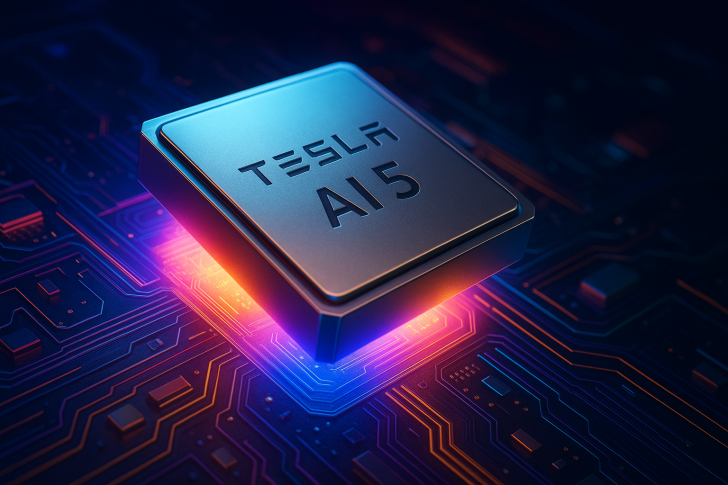● In a recent update shared by DogeDesigner, Tesla CEO Elon Musk dropped some bold claims about the company's push into custom AI chips. Musk said that "Tesla's new AI5 chip is about 3 times more power efficient than NVIDIA Blackwell at under 10% of the cost." He also teased that the upcoming AI6 chip could double all major performance metrics. To underscore just how focused he is, Musk added: "I am super hardcore on chips right now. I have chips on the brain. I dream about chips."
● Tesla's aggressive chip roadmap is adding fresh pressure to an industry already dealing with sky-high compute demand, soaring infrastructure costs, and fierce competition for top engineering talent. The situation has sparked policy conversations in the U.S. around supporting domestic AI chip production—think expanded R&D tax breaks, subsidies for energy-efficient data centers, and tax credits for companies building custom accelerators. While these ideas aim to strengthen America's AI supply chain, some analysts worry that quick policy changes could backfire, potentially triggering talent drain, reduced investment, or financial strain on smaller chip firms that can't compete with the deep pockets of Tesla or NVIDIA.
● If Musk's efficiency and cost claims hold up, it would be a game-changer for AI hardware. Cheaper, more efficient chips could transform the economics of AI infrastructure across data centers, robotics, and autonomous vehicles. And with Tesla hinting at an AI6 chip that doubles down on performance, the company is positioning itself as a serious contender in a space NVIDIA has dominated for years.
● As the global AI arms race heats up, Tesla's chip ambitions raise the stakes for both competitors and regulators. Whether Musk can actually deliver on these eye-popping performance promises will decide if Tesla becomes a major force in AI hardware—or if this is just another case of overpromising.
 Usman Salis
Usman Salis

 Usman Salis
Usman Salis


